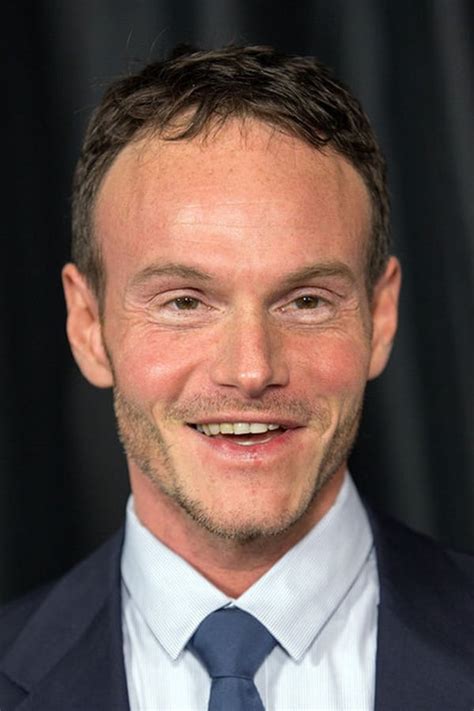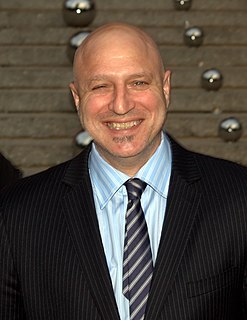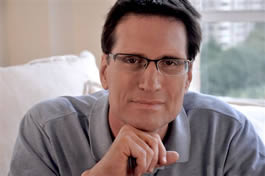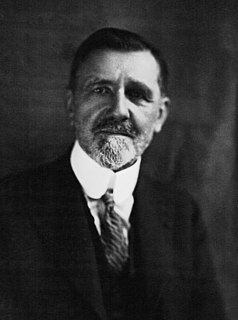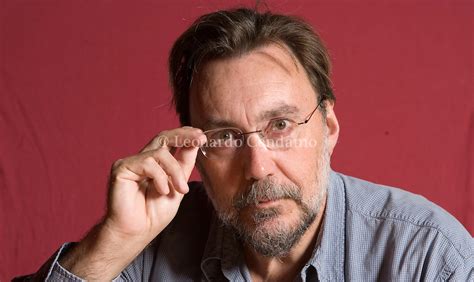A Quote by Robert Penn Warren
Reality is not a function of the event as event, but of the relationship of that event to past, and future, events.
Related Quotes
This is not remarkable, for, as we know, reality is not a function of the event as event, but of the relationship of that event to past, and future, events. We seem here to have a paradox: that the reality of an event, which is not real in itself, arises from the other events which, likewise, in themselves are not real. But this only affirms what we must affirm: that direction is all. And only as we realize this do we live, for our own identity is dependent upon this principal.
Surely the memory of an event cannot pass for the event itself. Nor can the anticipation. There is something exceptional, unique, about the present event, which the previous, or the coming do not have. There is livingness about it, an actuality; it stands out as if illumined. There is the "stamp of reality" on the actual, which the past and future do not have.
You have to understand that PTSD has to be an event that you experience, a very traumatic event. And actually, there is evidence that brain chemistry changes during this event in certain individuals where it's imprinted indelibly forever and there's an emotion associated with this which triggers the condition.
If an event can be produced by a number n of different causes, the probabilities of the existence of these causes, given the event (prises de l'événement), are to each other as the probabilities of the event, given the causes: and the probability of each cause is equal to the probability of the event, given that cause, divided by the sum of all the probabilities of the event, given each of the causes.
Paradox is an overrated threat. There is...a quality similar to inertia at work. Once an event has occurred, there is an extremely strong tendency for that event to occur. The larger, more significant, or more energetic the event, the more it tends to remain as it originally happened, despite any interference." I frowned. "There's...a law of conservation of history?
Every event has a cause-that is ... for every event e1 there exists an event e2 (or a class of events e2, e3 ...) which precedes e1 and of which e1 is a necessary consequence.... If we assent to this statement then your "choice" to do A rather than B, whatever may have been at the time your sensation of freedom from any constraint, was entirely necessitated. You could not have done otherwise and hence, according to this conception of freedom, were not free.


